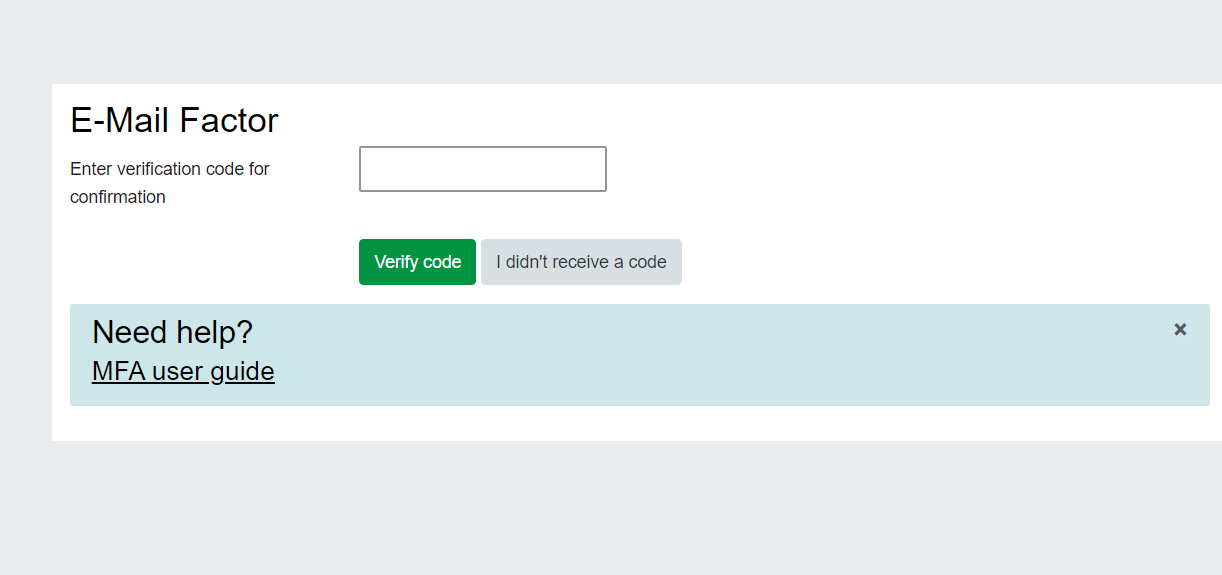

Common Study Problems and Solutions For Students
If you’re struggling to retain what you study, there’s good news, you don’t have to accept it as part of the inevitable struggle of being a student. While it’s true that certain attributes, like your memory, are simply innate and there’s nothing you can do about them, other factors influencing your ability to retain information can be controlled or changed.
We’ll list some common study problems that students always encounter and also solutions to these problems.
Some Common study Problems Students Encounter
1. You Just don’t understand somethings
Let’s be real. Some of us just don’t have a retentive memory. No matter how hard or long you read your course materials or any book, you find it hard to understand what you just read. Even after going through that same page 100 times!

2. You find a topic boring
Some of us just want to study what we have passion for and nothing else. But if you’re a student, sometimes you’re required to take topics or courses from other departments that you might find boring. Just like when you’re in your 100 level in National Open university of Nigeria as a computer science student, you’re required to take biology and mathematics classes.
Some computer science students will say “aah!, i don’t like maths o” and they’ll barely open their mathematics course material throughout their NOUN study but you will always see them read their CIT course materials more because they don’t find it boring.

Even some prospective students will come to us and say, “Hello NounGeeks, i want to apply for admission but i want to study a course with less calculations, help me check if this one has too much maths before i can apply”.
3. You’ve lost motivation
It’s normal. We all face this lost of motivation in the course of our studies from time to time. Some semesters you’ll be like, “what am i still doing in this school?” Other times you feel like you’re stuck in with no way out.

That energy and high spirit you had in your early years in the school is no longer there, all you do now is dragging yourself each semester anyhow you see it just to round up and leave. You need to get your enthusiasm back and remind yourself why you’re doing this and why you need to make it a success.
Here are some tips on how to get your enthusiasm back as a student;
- Follow your bliss and what works for you
- Think of the things that you want to attain within your study
- Have a plan
- Get out of victim-mode ( those that will say “my work don’t give me chance to study”)
- Surround yourself with people who are enthusiastic and optimistic
- Stimulate yourself into a state of high enthusiasm
- Ask questions about your school, courses and get to know your coursemates and how they study
- Develop the right attitude and mindset
4. You struggle to find the time to study
From the moment you wake up, you head out to your office or work and come back home to other issues you need to sort out, pay bills etc. Some people even work two jobs just to sustain their families and the rest. You need to create a schedule and stick to it.
It’s not always about working hard but working smart. if you create time and study, you’ll pass your exams, if you pass your exams, you’ll get good grades and your certificate will help you in your place of work either by helping you gain promotion or give you a boost to seek for a higher paying job somewhere else.
So you can now see why you need to work smart and also study because studying will also help your work in some ways.
5. You can’t stop procrastinating
Anything worth doing is worth doing well. If you don’t like to study, why then did you want to become a student and spend huge amount of money on your education in the first place? I will study tomorrow but you’re always glued to your TV watching the latest BBnaija series or the English premier league non-stop every weekend.
Let me not talk about the amount of time you spend each day browsing through different social media apps. We didn’t say you shouldn’t have fun from time to time but have a schedule and stop procrastinating, learn to filter out the distractions and be laser focused with your studies.
6. Bad note-taking
Lack of study time and poor test taking skills are among many reasons why students have trouble retaining what they study. Learning how to take better notes can help you comprehend course materials.

If you check all our GST course materials you will notice that note taking and studying is one of the major topics discussed there.
Tips that will help you better retain what you study this semester
Here are some tips for taking quality notes that will make it easier for you to retain what you study.
1. Studying in short, frequent intervals
Psychologists and neuroscientists have proven that information is easier to remember if it’s spread out over several days, weeks, or months. In other words, it’s better for students to study for an hour at least three times per week than cramming for hours on end once a week.
2. Learning from the mistakes you make
As students, we all know that it’s much harder to remember what you read in textbooks or hear in class than it is to learn from your own mistakes. As you study, doesn’t just focus on what information might be useful right now; take an active interest in learning how things work.
When you make mistakes, be sure to note exactly why they happened and how they can be avoided later on—you’ll find these tips come in handy when exam time rolls around.
3. Using visualization techniques
By actively trying to picture what you’re reading or hearing, your brain is more likely to retain important information.

Visualization can be particularly helpful in subjects like math and science, where there are lots of formulas and structures that repeat themselves. Additionally, it can help students (and anyone learning) differentiate between concepts they do understand and ones they don’t—helping students hone in on areas they need to spend more time on.
4. Understanding your learning style
Some people are auditory learners, others are visual, and some learn best by physically doing something. Understanding how you learn best helps tailor study techniques that work for you—making what you’re studying easier to remember in addition to helping you retain more information overall.
It’s important not only to understand how you personally learn but also how your course material is being taught. Some students also prefer to study Course summaries and Past questions and also take part in mock exams while some choose other ways that suits them. You’re the one that knows what’s best for you.
5. Taking breaks between studying
If you’re struggling with memory issues and want to be sure you retain everything that you’re studying, take regular breaks in between sessions.

Students who do so typically end up retaining more information than those who don’t. In other words, if you really want to remember what you studied for class later on, try taking some time off in between your study sessions.
We hope you’ll find this article helpful this new semester as you prepare for your studies. You can join our platform if you’re a NOUN student, we’ll like to hear from you and other issues you might be facing. Let’s tackle it together!










Post Comment